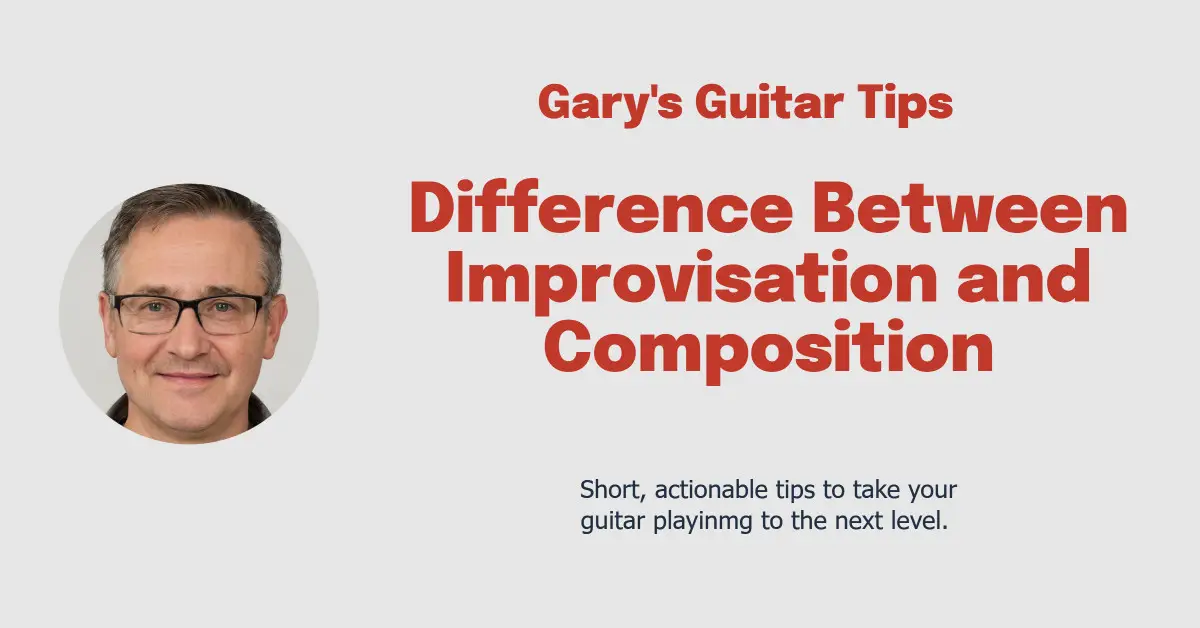Music is a diverse art form, and different musical styles often approach the creative process in distinct ways. Two prominent approaches to creating music are improvisation and composition. Although there are similarities between these two approaches, there are also important differences that set them apart. In this article, we will explore the relationship between improvisation and composition in music.
What is Improvisation?
Improvisation is the art of creating music spontaneously, without any pre-planning. Improvisation is often associated with jazz music, where musicians typically create melodies and harmonies in real-time, responding to the musical ideas of their fellow performers. However, improvisation is not exclusive to jazz, and it is found in many other musical styles as well.
Improvisation involves musicians listening intently to one another, and being responsive to the ideas that emerge from the musical conversation. Improvisation is often characterized by a sense of risk-taking and experimentation, as musicians explore musical ideas in real-time. In many ways, improvisation is like having a casual conversation; it is spontaneous, and the direction of the conversation is not predetermined.
What is Composition?
Composition is the process of creating music with a deliberate plan, often involving the use of written notation. Composers typically plan out the structure and harmonic progression of their piece in advance, and they may use a variety of techniques, such as counterpoint, thematic development, and modulation, to create a cohesive musical work.
Composition can be done on a variety of instruments, including those that are not traditionally associated with Western art music, such as the voice or electronic instruments. One notable aspect of composition is that it lends itself to editing and refinement, as composers can make changes to their work until they are satisfied with the final product.
The Relationship between Improvisation and Composition
Although improvisation and composition are often thought of as distinct approaches to creating music, there are many ways in which they intersect. Some comments on Facebook suggested that improvisation is just spontaneous composition. Others suggest that improvisation is like composing in real-time. These comments highlight the idea that improvisation and composition share many similarities.
For example, some composers, such as Bach, Mozart, Beethoven, Chopin, and Liszt, were known to be masterful improvisers. Many of their compositions started as improvisations, which were later refined and written down. This suggests that improvisation and composition are not mutually exclusive, but rather they can inform one another.
Another interesting point is that composition can be seen as slowed-down improvisation, while improvisation can be seen as sped-up composition. Composition involves planning and deliberate decision-making, while improvisation is more spontaneous and immediate. However, both approaches involve creativity and experimentation, and they can lead to exciting and engaging musical experiences.
Final Thoughts
In conclusion, improvisation and composition are two important approaches to creating music, each with its unique characteristics and strengths. Improvisation is about creating spontaneously in the moment, while composition involves deliberate planning and decision-making. Although these approaches are often thought of as distinct, there are many ways in which they intersect and influence one another. Ultimately, both approaches share a common goal: to create music that is expressive, engaging, and meaningful.

